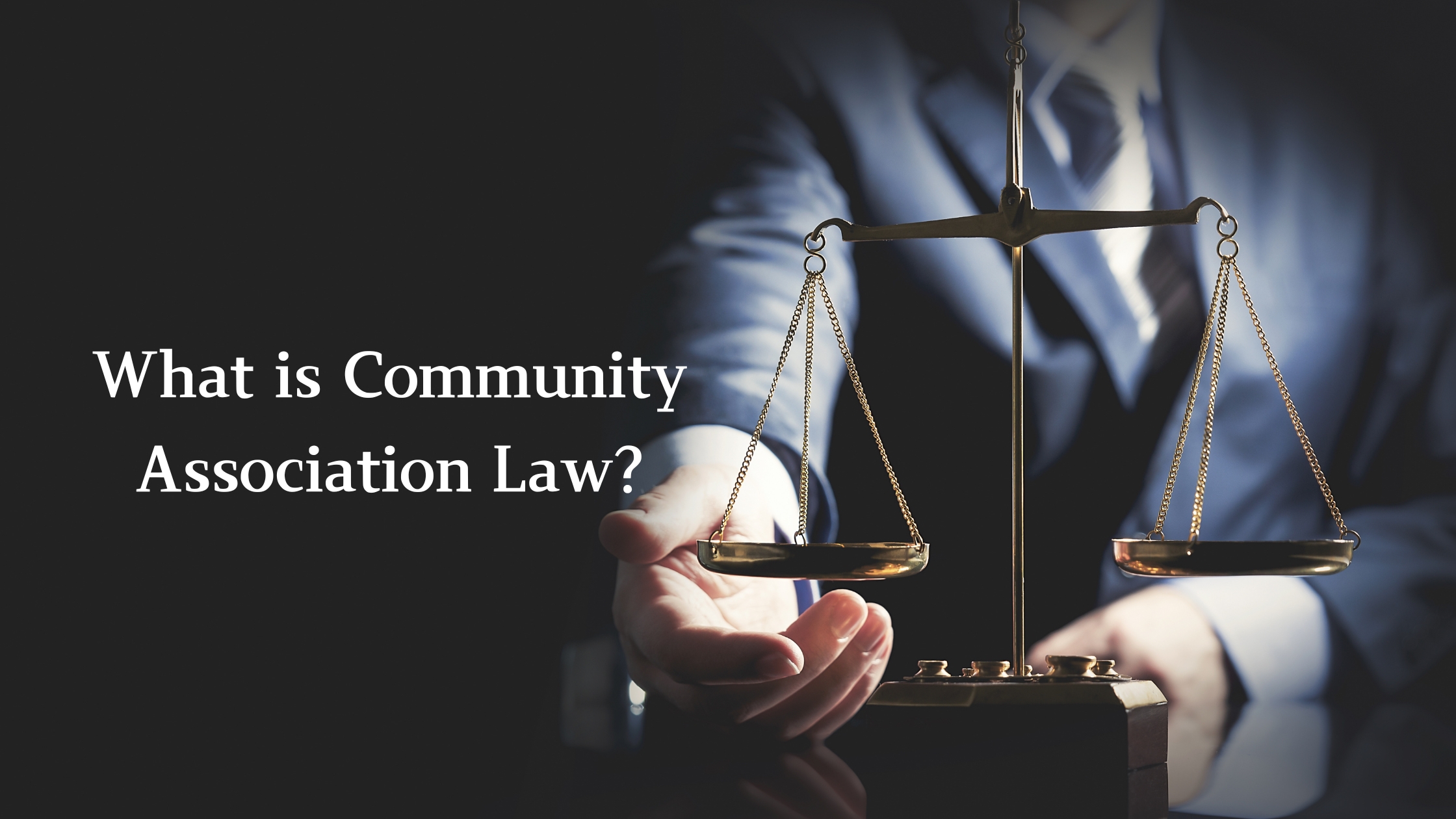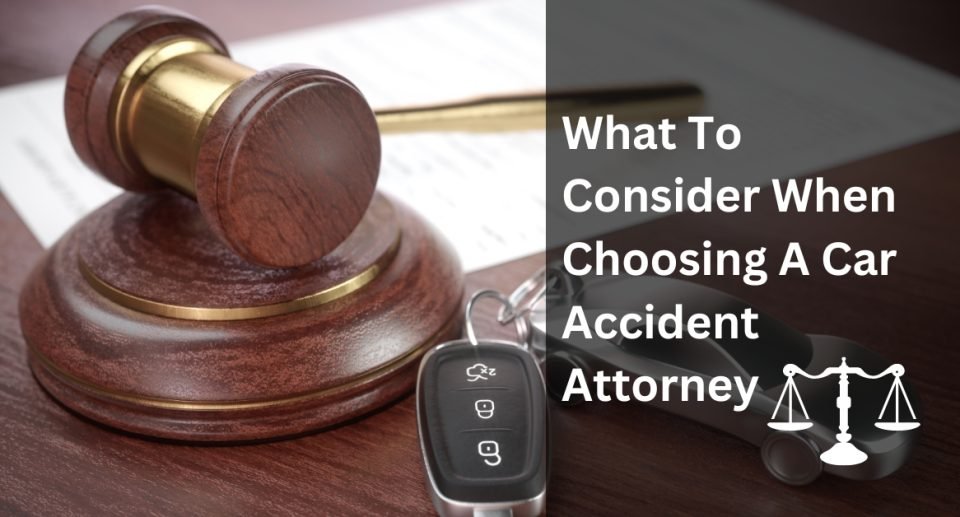Community Association Law refers to the legal framework and regulations that govern the establishment, operation, and management of community associations. Community associations are typically formed in residential developments, such as condominiums, homeowners associations (HOAs), and cooperative housing arrangements. These associations are created to manage and maintain common areas, shared facilities, and enforce rules and regulations designed to enhance the quality of community living.
Community Association Law is essential for maintaining order, fairness, and the overall well-being of residents within a community. It provides a legal framework that helps address disputes, ensures compliance with rules, and contributes to the harmonious living of community members. Homeowners and association boards often work closely with legal professionals specializing in Community Association Law to navigate these complex legal matters.
Here are key components of Community Association Law:
Governing Documents:
Community associations are governed by a set of legal documents that outline the rules, regulations, and operational guidelines for the community. These documents may include the Declaration of Covenants, Conditions, and Restrictions (CC&R), bylaws, and articles of incorporation.
Creation and Formation:
The process of forming a community association involves legal procedures to establish the association’s legal entity, define its purpose, and create the governing documents. This may involve working with a legal professional to ensure compliance with local laws and regulations.
Homeowner Rights and Responsibilities:
Community Association Law defines the rights and responsibilities of homeowners within the community. This includes adherence to established rules and regulations, payment of association fees, and participation in community decision-making processes.
Board of Directors:
Community associations typically have a board of directors responsible for making decisions on behalf of the community. The law outlines the powers, duties, and limitations of the board. Board members are often elected by the homeowners.
Enforcement of Rules:
Community Association Law provides mechanisms for enforcing community rules and regulations. This may involve penalties for non-compliance, dispute resolution procedures, and, in some cases, legal action to address violations.
Common Area Maintenance:
The law addresses the management and maintenance of common areas and shared facilities within the community. It outlines the responsibilities of the association in ensuring the upkeep of these spaces.
Financial Management:
Community associations often collect fees from homeowners to fund maintenance, repairs, and other community expenses. Community Association Law establishes guidelines for financial management, budgeting, and financial reporting.
Legal Representation:
Community associations may engage legal professionals, known as community association lawyers, to provide legal advice, draft and review contracts, and represent the association’s interests in legal matters.
Roles and Responsibilities of Community Association Lawyers
Community association lawyers play a crucial role in ensuring the smooth functioning and legal compliance of community associations. Their roles and responsibilities encompass various aspects of legal representation, advice, and support for community boards and residents. Here are the key roles and responsibilities of community association lawyers:
Legal Advice and Representation
Expert Legal Guidance:
Picture community association lawyers as the wise wizards of the neighborhood. They offer advice to the decision-makers, helping them decipher the mystical scrolls of governing documents. Their superpower lies in ensuring that the community dances in step with the law.
Dispute Resolution and Litigation:
When storm clouds of disputes gather, community association lawyers step up as protectors. Like legal superheroes, they represent the community’s interests in the courtroom, ensuring justice and safeguarding the rights of each resident.
Drafting and Reviewing Contracts
Contractual Safeguards:
Ever signed a contract without reading the fine print? Community association lawyers are the guardians of clarity. They meticulously draft and review contracts with vendors and service providers, making sure every “I” is dotted and every “T” is crossed. This way, they ensure that the community’s interests are not lost in the shuffle.
Enforcement of Rules and Regulations
Ensuring Compliance:
In every community, there are rules—guidelines that keep things fair and square. Community association lawyers are the referees, making sure everyone plays by the rules. When someone steps out of line, these legal guardians guide the enforcement process, ensuring harmony is maintained.
Alright, Let’s Wrap This Up
So, you know how every community has its own set of rules to keep things cool? Well, that’s what Community Association Law is all about – making sure everyone’s treated right and our neighborhood stays awesome.
Now, imagine having someone like a wise friend who knows all about these rules. That’s a Community Association Lawyer for you! They help us understand the rules, fix problems, and make sure everything is fair.
And here’s the cool part: if you’re in Myrtle Beach, SC, and your community needs a bit of legal magic, getting in touch with community association lawyers in Myrtle Beach, SC, is like having your very own local superheroes. They’re the experts who know the ropes and can keep our neighborhood vibes strong and happy.





